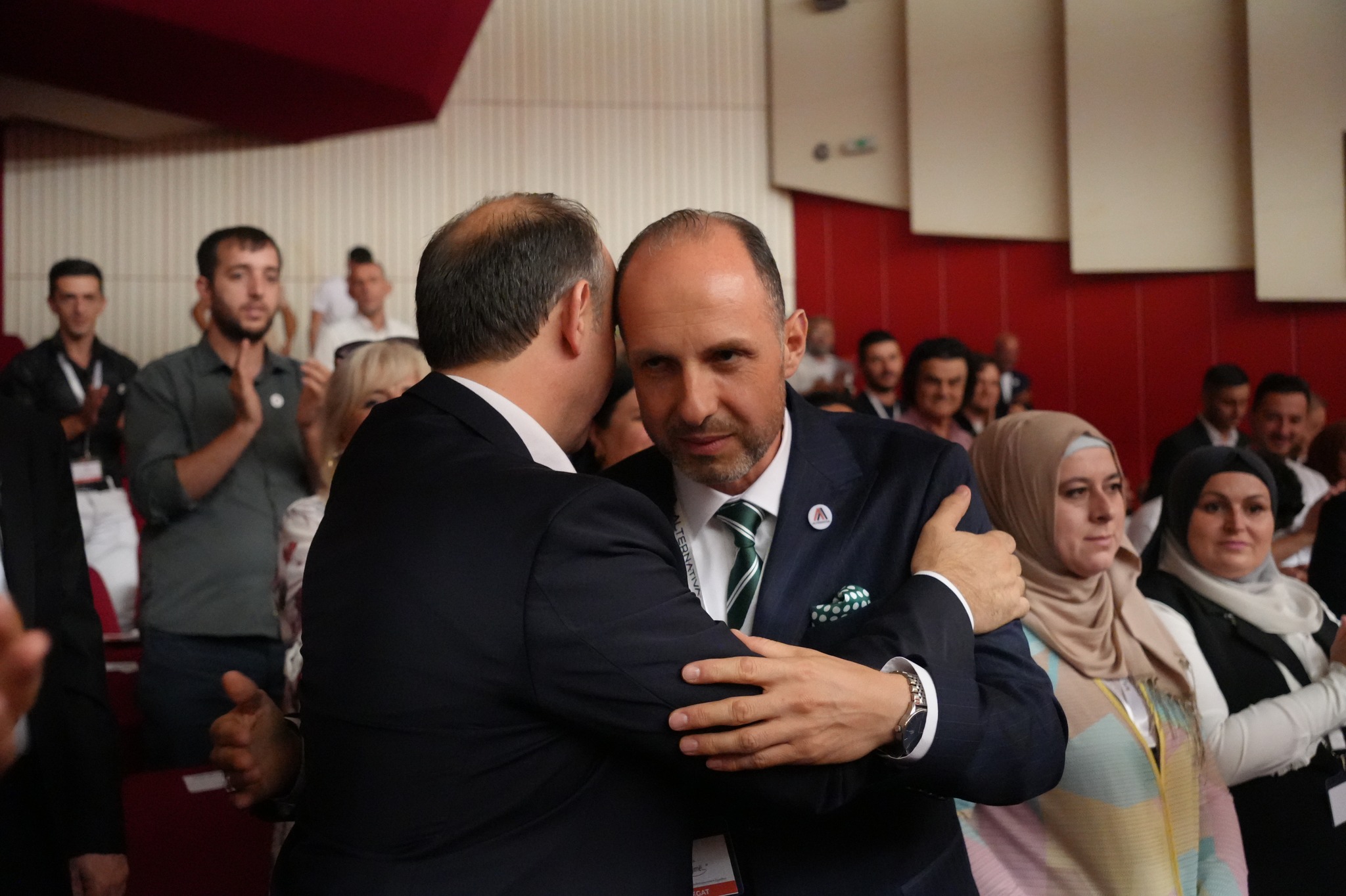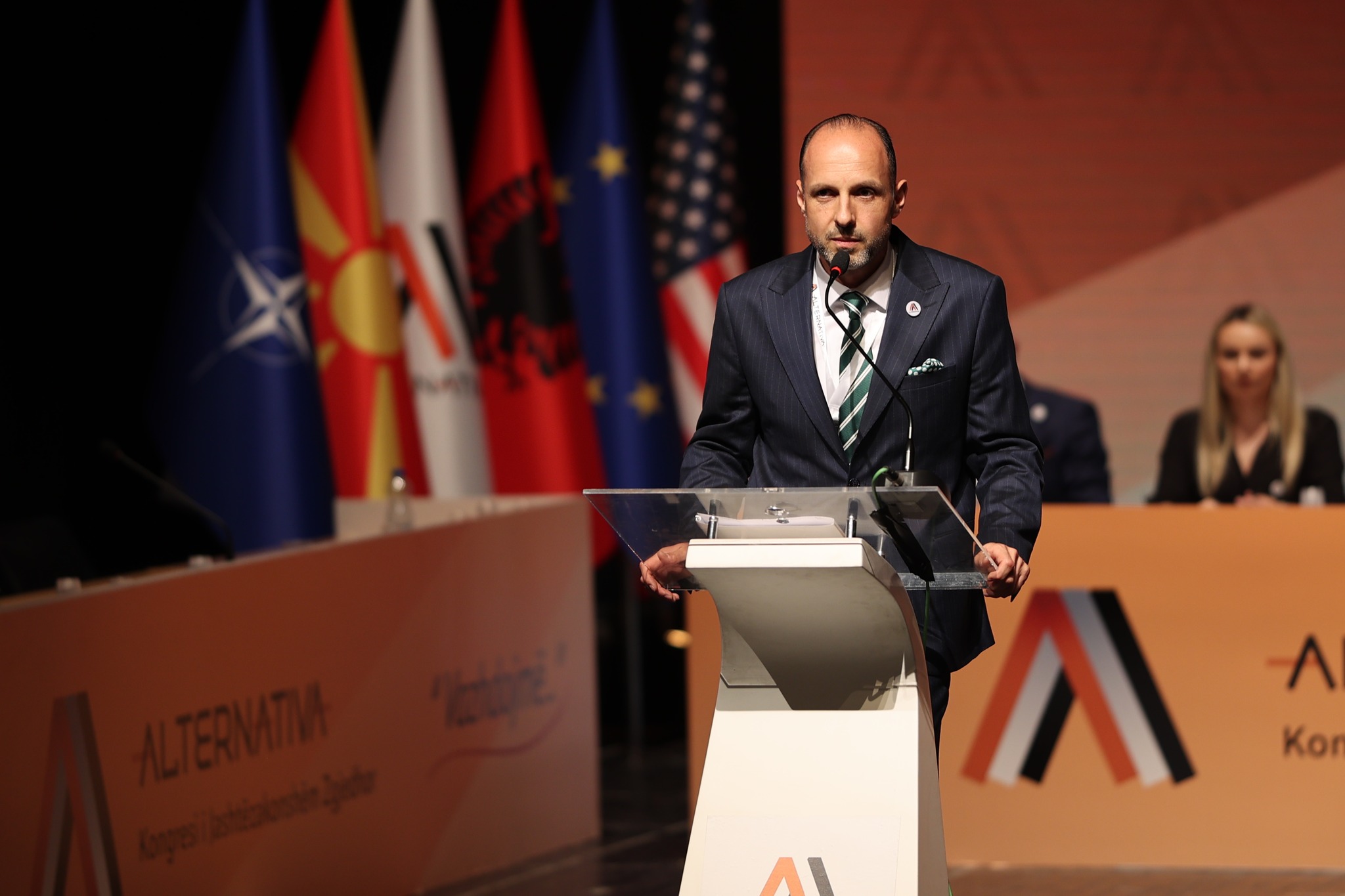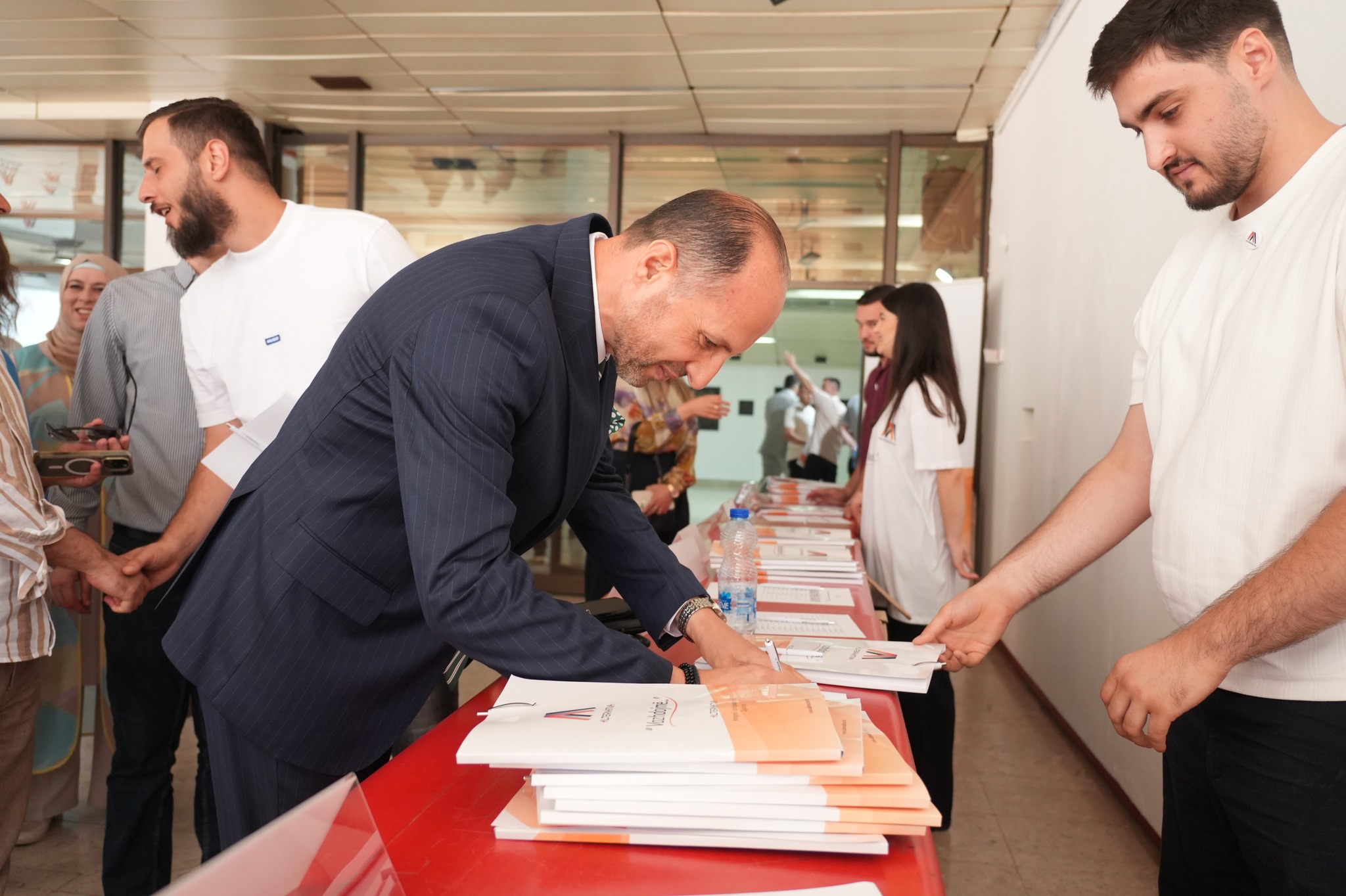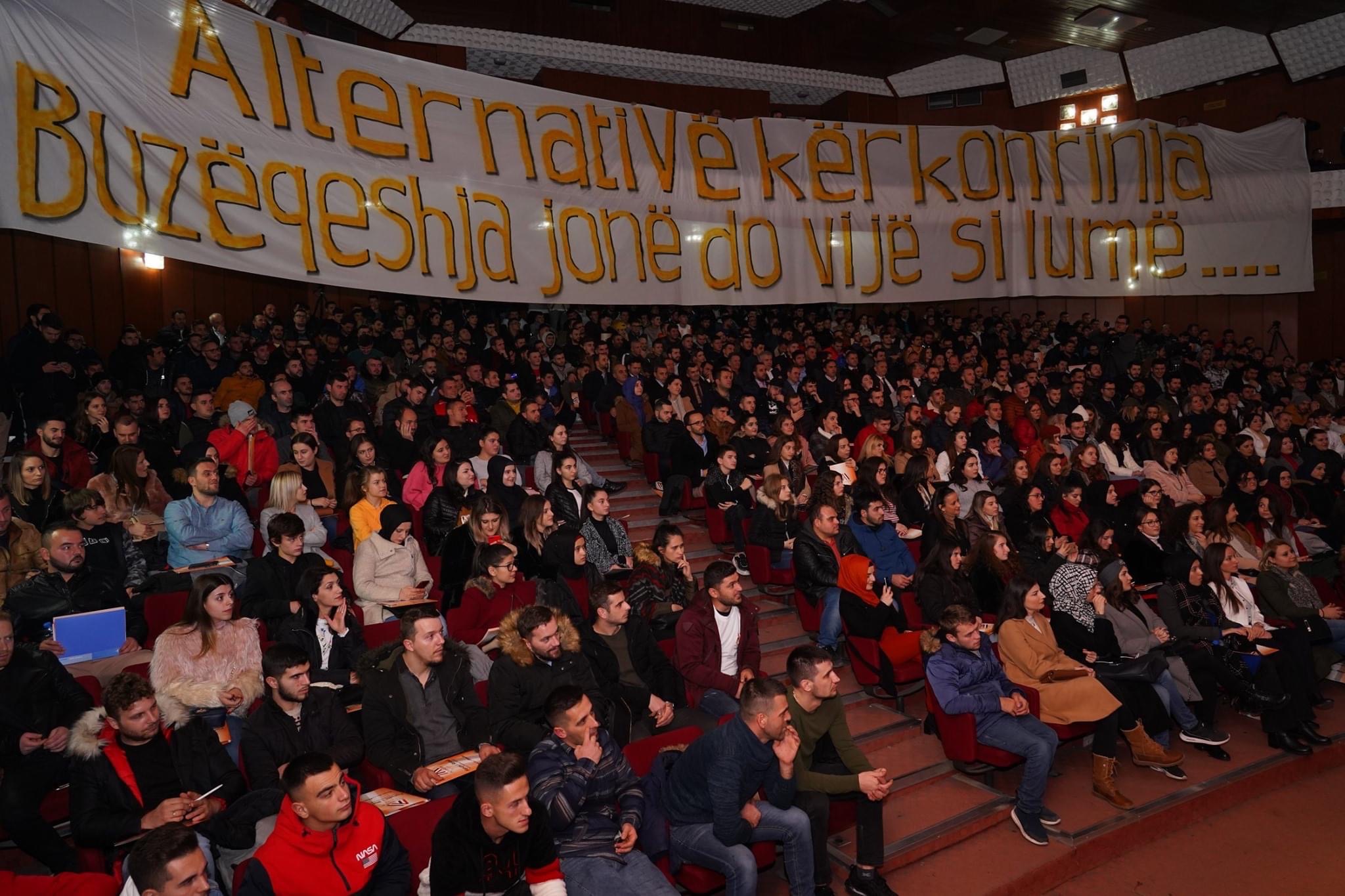Chairman
Zeqirija Ibrahimi
Email: zibrahimi@yahoo.com
Zeqirija Ibrahimi, born on June 14, 1977, in Skopje, is a linguist, educator, translator, and influential political figure in North Macedonia. He completed his primary and secondary education in Skopje, and pursued higher education at the University of “St. Cyril and Methodius,” where he graduated in the field of Albanian Language and Literature. Ibrahimi continued his academic research with a master’s degree, and later earned a PhD in philological sciences with a dissertation on “Cohesion in the Albanian language.”
From 1999 to 2011, he worked as a librarian at the Faculty of Philology, where, in addition to managing library resources, he contributed to the digitization and inventory of the Albanology library.
In 2011, he began his career as a scientific collaborator at the Institute of Spiritual and Cultural Heritage of the Albanians (ITSHKSH) in Skopje, where he has been promoted to the position of scientific advisor and ordinary professor. He is well-known for his research on the Albanian language and has participated in numerous academic projects, presenting his work at scientific conferences both within and outside the country.
In addition to his academic career, Zeqirija Ibrahimi is a well-known translator and editor, having translated and edited dozens of books, school texts, and scientific papers. Among his notable translations are works such as “Bardha e Temalit” and “Shkupi bastard i botës” (Skopje, the Bastard of the World). His contributions to journalism are also significant, with articles published in magazines and newspapers throughout Albanian territories and beyond.
In the political sphere, Zeqirija Ibrahimi has played an important role, being one of the founders and vice presidents of the BESA Movement. He served as a member of the Parliament of North Macedonia in 2017 and later held senior positions in the Alternativa party, where he has been serving as president since July 2024.
With a long and rich career, Zeqirija Ibrahimi continues to make valuable contributions in the fields of linguistics, culture, and Albanian politics, remaining a key figure in the development of the identity and cultural heritage of Albanians in North Macedonia.










